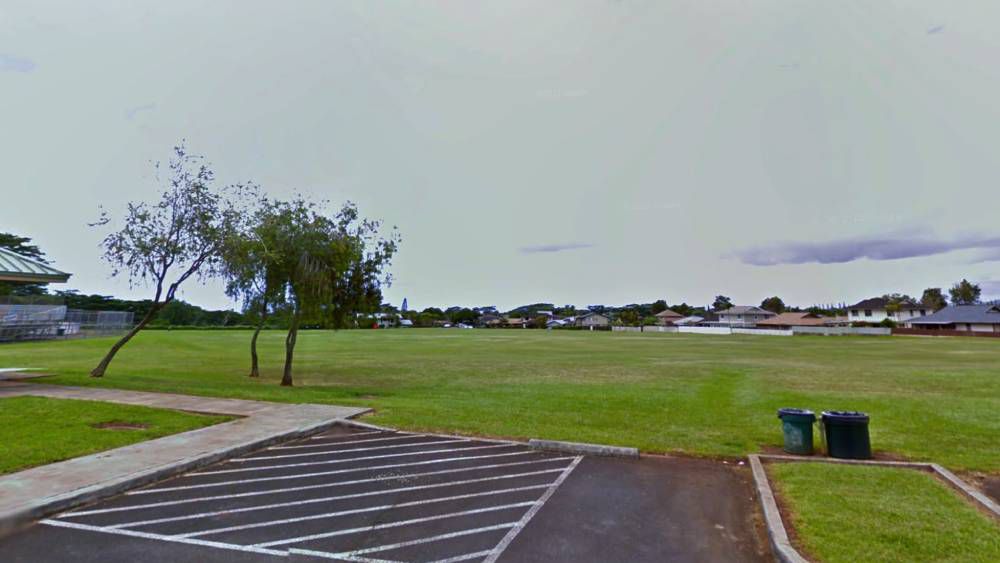With petroleum prices soaring, Hawaiian Airlines is exploring the feasibility of creating locally produced sustainable aviation fuels, the company announced Wednesday in a press release.
The airline is teaming with Par Hawaii, the state’s largest supplier of energy products, to study the viability of replacing all or a percentage of kerosene-based jet fuel with SAF, a biofuel that is used to power aircraft with a smaller carbon footprint than traditional jet fuel.
Both companies signed a memorandum of understanding to determine the potential for converting two processing units at Par’s refinery in Kapolei to produce renewable fuels.
“This is the first step in what we hope will be a long and productive relationship that reflects both parties’ unwavering commitment to the environment and to these islands we call home,” said Peter Ingram, president and CEO of Hawaiian Airlines. “SAF is an integral part of decarbonizing aviation, and we hope to be able to make joint investments in SAF production here in Hawaiʻi, which will benefit both the environment and our economy.”
In 2019, Par Hawaii’s parent company, Par Pacific, invested $27 million in its Kapolei refinery to produce more jet fuel and ultra-low sulfur diesel.
“We have over 260 employees at our Kapolei refinery engaged in high quality manufacturing work,” said William Pate, president and CEO of Par Pacific. “We’re excited to be partnering with Hawaiian Airlines to innovate and position our business for the future. Aviation fuel represents approximately 40% of Hawaiʻi’s fuel demand, and our work with Hawaiian is an important step in addressing these emissions.”
Ingram said the airline plans to engage with other partners to achieve what he called an “ambitious objective.”
“We believe we’re headed in the right direction by collaborating with Hawaiian Airlines to explore the shift from petroleum to biofuels at our Par Hawaii refinery,” said Eric Wright, president of Par Hawaii.








